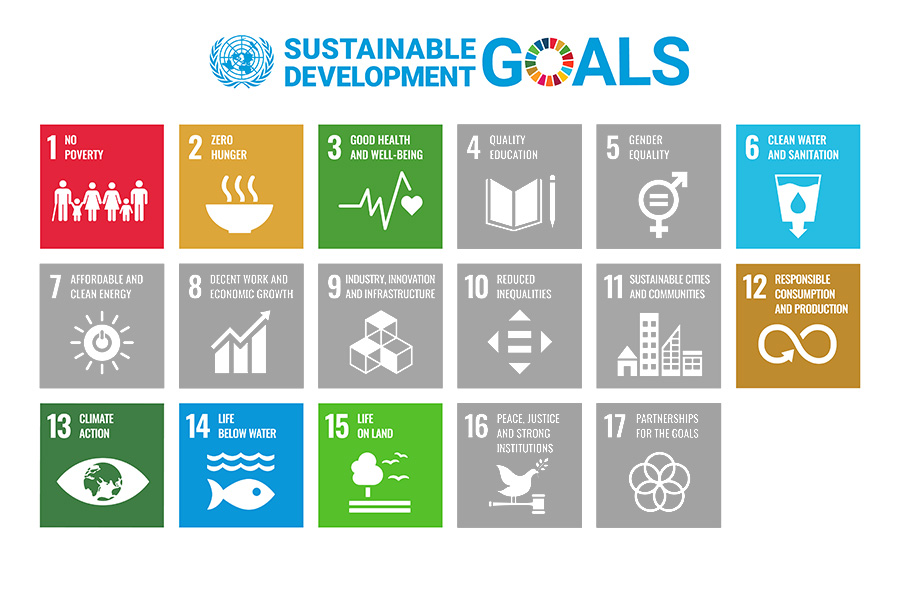Foster equitable access to healthy food

Though a large part of the world’s population has upped its standard of living in recent decades, many communities still do not have regular and stable access to healthy food, particularly because of natural disasters, drought, governance concerns, or migration crises. This instability is a major challenge for the sustainable health of individuals and populations.
Global population growth is one of our most urgent challenges. It puts a strain on agricultural systems, which must increase production to meet demand. We must therefore rethink agriculture, food processing, and supply chains to ensure everyone has access to a variety of healthy foods in ways that respect their traditions and culture. How can we farm without depleting the soil? What approaches or technologies, such as genomics, would allow us to produce more healthy food sustainably? What challenges do we face regarding food and its connection to health and healthy dietary habits? Can we provide people in arid or remote regions, such as northern Canada, with a regular and affordable supply of fresh and healthy food? What about the notion of food and food security as a human right? What factors influence household food choices and how can we empower people to make better decisions? How can we avoid food waste even as many people still lack access to a healthy variety of healthy foods? These are just a few of the questions we need to ask to help us better plan global production and generate sustainable global food security.
The COVID-19 pandemic has caused many countries and jurisdictions to reflect on their economy and how self-reliant it is, particularly in terms of food production. One effect we have been seeing is growing consumer demand for locally sourced products. In Québec and around the world, the agri-food sector must be rethought to create sustainable food systems and better address longstanding and emerging issues in productivity, distribution, global access to food, eco-efficiency, sustainability and system resilience, economic viability, and social acceptability.

Links to the UN Sustainable Development Goals
- End poverty in all its forms everywhere (1)
- End hunger, achieve food security and improved nutrition and promote sustainable agriculture (2)
- Ensure healthy lives and promote well-being for all at all ages (3)
- Ensure availability and sustainable management of water and sanitation for all (6)
- Ensure sustainable consumption and production patterns (12)
- Take urgent action to combat climate change and its impacts (13)
- Conserve and sustainably use the oceans, sea and marine resources for sustainable development (14)
- Protect, restore and promote sustainable use of terrestrial ecosystems, sustainably manage forests, combat desertification, and halt and reverse land degradation and halt biodiversity loss (15)

Université Laval’s strengths
Discover the faculty members and research units that make Université Laval such a transformative and high-impact university.